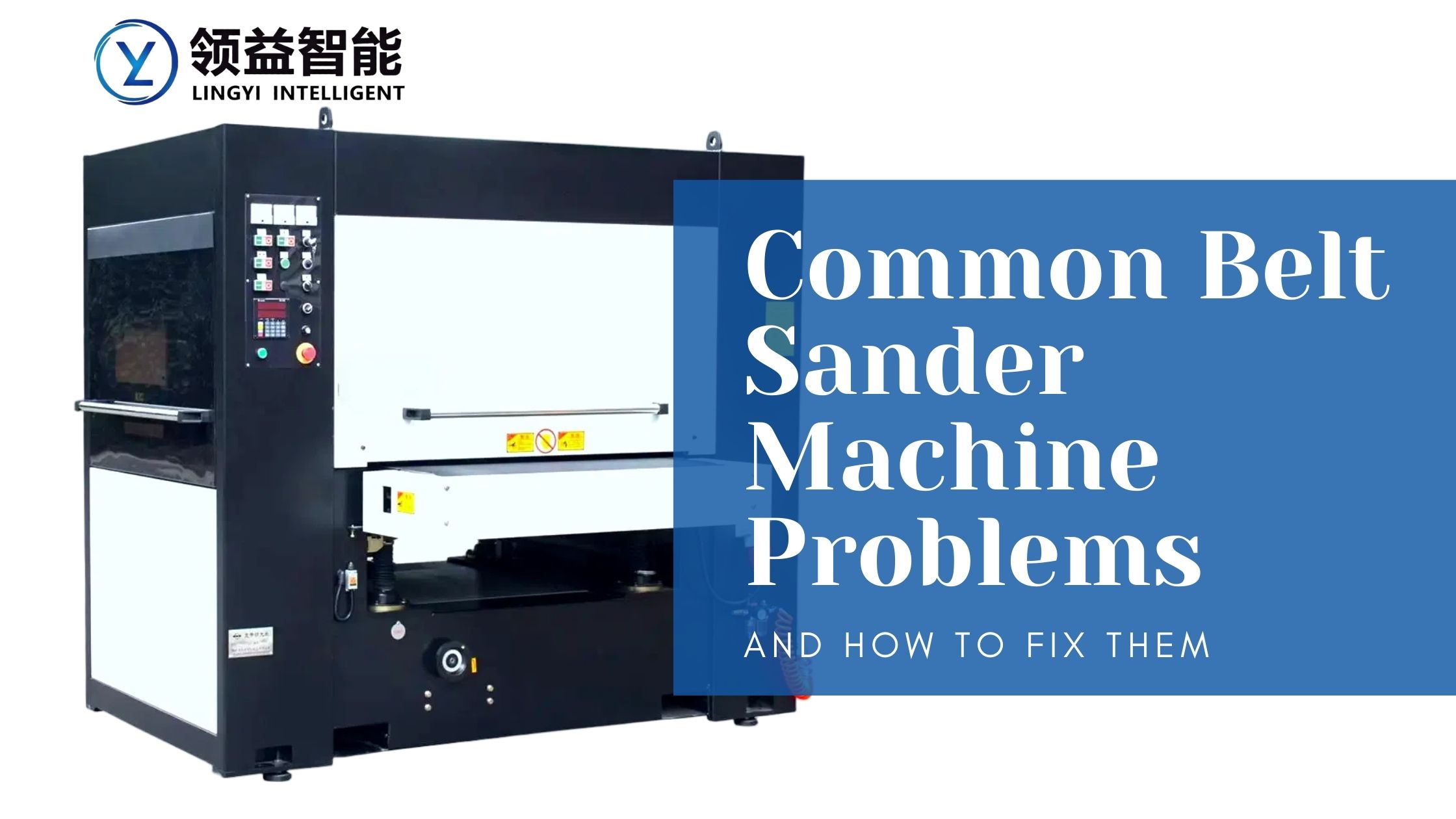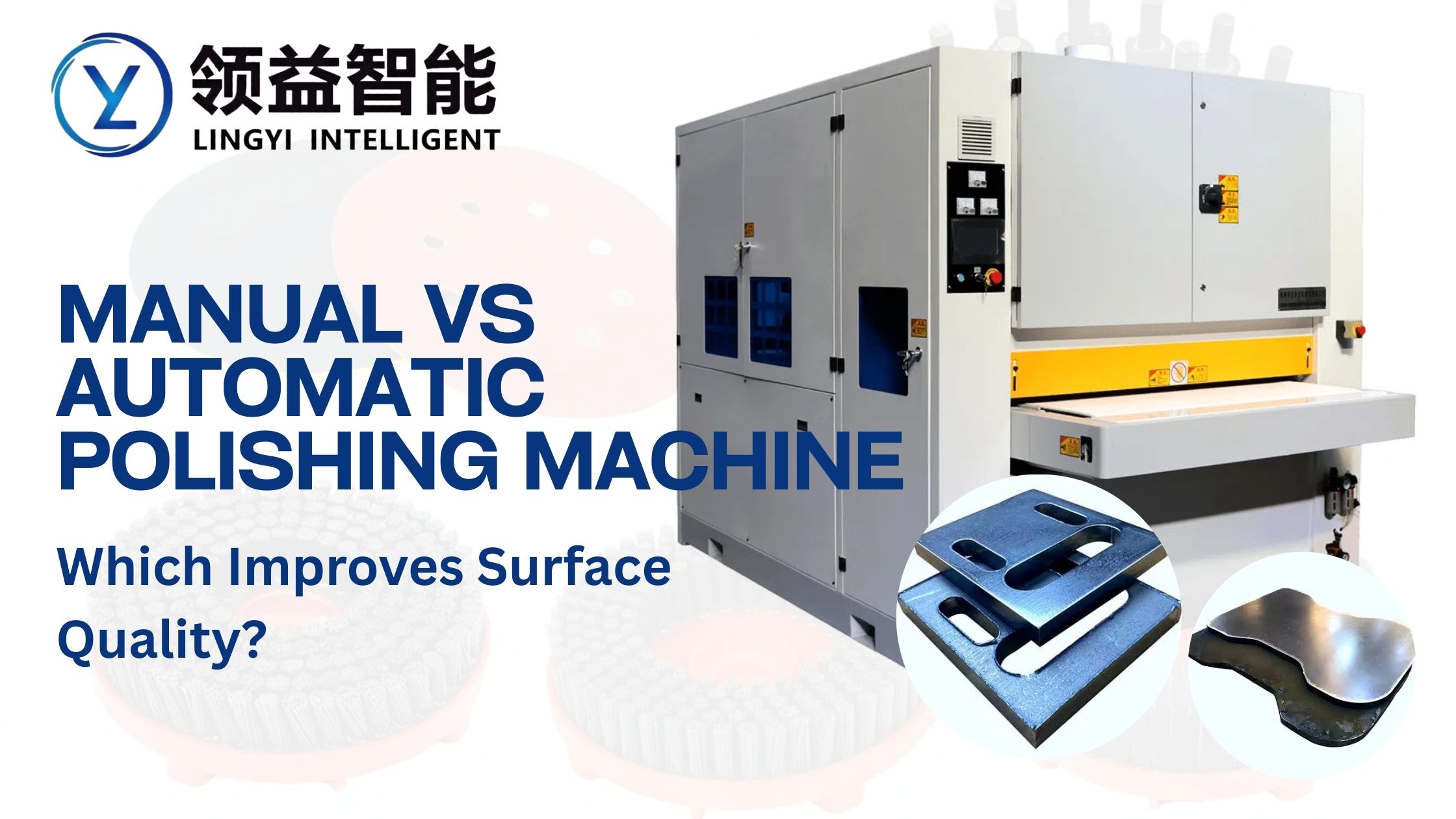From automotive to heavy machinery, hydraulic press equipment supports efficiency, precision, and flexibility across sectors. The real challenge lies in choosing manufacturers that guarantee reliable performance and consistent quality. Identifying top producers can significantly impact productivity and business outcomes.
Why Choosing the Right Hydraulic Press Equipment Matters?
Investing in hydraulic press equipment is more than just a purchase—it’s a commitment to operational efficiency and product quality. A well-engineered hydraulic press reduces downtime, increases safety, and ensures consistent output for industrial applications. For companies in precision parts manufacturing, this equipment becomes even more critical, as even minor deviations can compromise product performance.
The first step in securing the best equipment is knowing which manufacturers are trusted globally. Leading hydraulic press manufacturers focus on combining technological innovation with robust engineering, ensuring each machine meets rigorous industrial standards.
Top Features to Look for in Industrial Hydraulic Presses
Before selecting a manufacturer, it’s important to understand what makes an industrial hydraulic press stand out:
- High-Pressure Capability – Machines must handle the pressures needed for stamping, forging, and molding without compromising safety.
- Precision Controls – Advanced presses come with digital interfaces to maintain consistent pressure and speed for delicate operations.
- Energy Efficiency – Modern presses use hydraulic systems designed to reduce energy consumption while maintaining output.
- Versatility – The best presses can handle various materials, from metals to composites, across different production lines.
- Ease of Maintenance – A reliable machine allows easy part replacements, reducing downtime and increasing overall productivity.
Understanding these key features helps in evaluating manufacturers, ensuring that the investment meets both current and future production demands.
Leading Hydraulic Press Industrialists in the Market
Several manufacturers have established themselves as industry leaders due to their innovation, reliability, and customer support:
- Schuler Group – Known for its extensive range of hydraulic and mechanical presses, Schuler emphasizes high-quality precision and global support.
- AIDA Engineering – A Japanese company renowned for durable presses that excel in metal forming and automotive applications.
- Suhner Presses – Offers robust solutions tailored for industrial needs, including presses suitable for slicing line machines and sheet metal processing.
- Komatsu Industries – A versatile manufacturer delivering machines that integrate digital control systems for precision parts manufacturing.
- Enerpac – Specializes in hydraulic solutions and presses for both light-duty and heavy-duty industrial applications.
Choosing a manufacturer depends on the specific needs of your facility, such as the type of materials processed, production volume, and desired automation levels.
Applications of Hydraulic Press Equipment
Hydraulic presses are used in a variety of industrial operations, including:
- Metal Forming and Stamping – For automotive parts, appliances, and heavy machinery.
- Moulding Plastic and Composites – In electronics and consumer products manufacturing.
- Powder Compacting – Creating dense, high-strength components in precision parts manufacture.
- Slitting Line Machinery – Processing metal coils into thin strips for further manufacturing.
Understanding the applications helps businesses match their production needs with the right press type, ensuring efficiency and high-quality output.
How to Select the Best Hydraulic Press Manufacturer?
Choosing a manufacturer is not just about machine specifications; it’s about a long-term partnership. Here are some considerations:
- Industry Reputation – Check reviews, testimonials, and case studies to understand their market credibility.
- Customization Options – Leading manufacturers offer bespoke solutions, adjusting tonnage, bed size, or automation features.
- After-Sales Support – A reliable service network is crucial for maintenance, training, and spare parts supply.
- Compliance and Certifications – Ensure the manufacturer meets ISO standards and safety regulations relevant to your industry.
- Technological Innovation – Opt for manufacturers investing in digital integration, IoT monitoring, and energy-efficient systems.
By considering these factors, you can ensure the selected hydraulic press machine enhances productivity while reducing operational risks.
Cost Considerations Without Compromising Quality
While pricing is a common concern, the cheapest hydraulic press is not always the best choice. Manufacturers offering long-lasting industrial hydraulic press solutions often provide better return on investment through:
- Lower maintenance costs
- Longer machine life
- Reduced energy consumption
- Improved production efficiency
It’s wise to evaluate both upfront costs and total cost of ownership, factoring in maintenance, downtime, and parts replacement.
Maintenance Tips for Hydraulic Press Equipment
Once you acquire a hydraulic press, proper maintenance ensures longevity and optimal performance:
- Regular Lubrication – Prevents wear and tear on moving parts.
- Hydraulic Fluid Checks – Maintain appropriate levels and purity to avoid system failure.
- Inspection of Safety Features – Ensure emergency stops and guards are fully functional.
- Scheduled Servicing – Partner with manufacturers who provide routine inspection and service.
These proactive measures help in avoiding unexpected breakdowns and improve overall operational efficiency.
Making the Right Choice for Your Manufacturing Needs
Selecting Hydraulic Press Equipment is a significant investment that directly affects production efficiency, safety, and product quality. By understanding the leading manufacturers, evaluating features, and considering after-sales support, businesses can make informed decisions that align with both immediate and long-term goals.
Whether your focus is on slitting line machines or precision parts, partnering with the right hydraulic press manufacturer ensures your operations remain competitive and efficient.
Upgrade with advanced straightening machines—get in touch now!
For businesses looking to integrate reliable and high-performing hydraulic solutions, exploring reputable manufacturers is the first step toward operational excellence. Leading providers deliver robust industrial hydraulic press solutions that meet modern manufacturing demands, ensuring your production lines operate efficiently and safely.
Visit imachine for more insights and solutions in hydraulic press technology.
Key Takeaways:
- Investing in high-quality hydraulic press equipment improves productivity and reduces downtime.
- Top manufacturers like Schuler, AIDA, and Komatsu provide durable, precision-oriented solutions.
- Selecting the right press requires evaluating pressure capacity, precision, energy efficiency, and maintenance ease.
- Industrial hydraulic presses are versatile, supporting applications from metal forming to slitting line operations.
- Maintenance and after-sales support are crucial for long-term efficiency and cost management.
Frequently Asked Questions
Q1. What industries benefit most from Hydraulic Press Equipment ?
Hydraulic presses are widely used in automotive, metal fabrication, electronics, and consumer goods manufacturing, particularly in precision parts production.
Q2. How do I choose the right hydraulic press for my needs?
Consider your material types, production volume, desired tonnage, and automation requirements. Reviewing leading manufacturers’ specifications also helps in selection.
Q3. What is the difference between an industrial hydraulic press and a standard press?
Industrial presses are designed for heavy-duty operations, offering higher pressure capacity, advanced controls, and long-term durability compared to standard presses.
Q4. How often should hydraulic presses be serviced?
Routine inspections and maintenance should be scheduled at least quarterly, with lubrication, fluid checks, and safety feature verification conducted regularly.
Q5. Are digital controls and automation necessary for hydraulic presses?
While not mandatory, digital controls enhance precision, efficiency, and monitoring, making them valuable for high-volume or precision parts manufacture.



